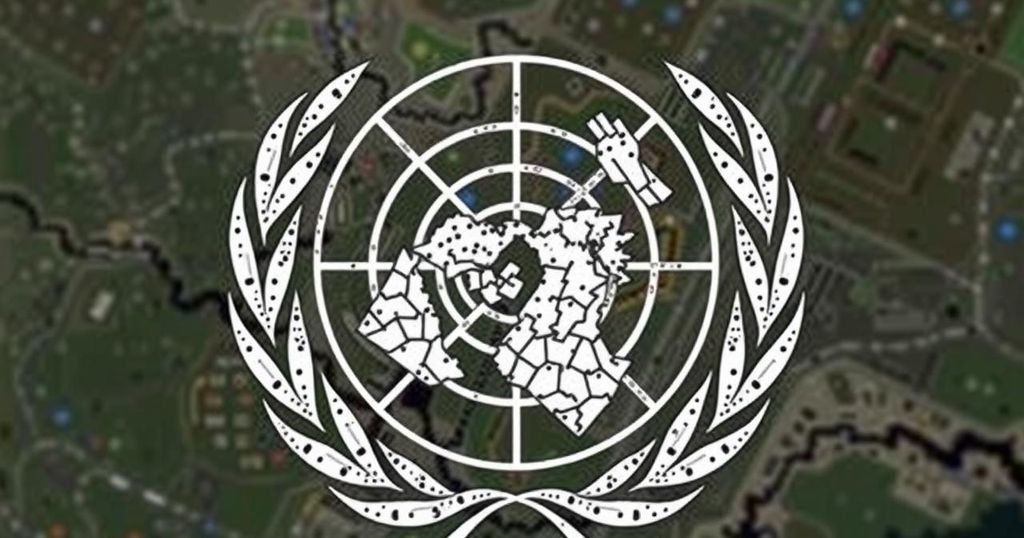Russia’s Veto on Sudan Ceasefire Resolution Stalls UN Efforts

On November 18, 2024, Russia vetoed a UN Security Council resolution calling for a ceasefire in Sudan amidst ongoing conflict between rival generals. British officials condemned the action, criticizing Moscow’s engagement. The humanitarian situation remains dire, with millions affected by food shortages and violence. The veto reflects deeper geopolitical challenges within the UNSC, further complicating international responses to the crisis.
On November 18, 2024, Russia exercised its veto power at the United Nations Security Council (UNSC), obstructing a resolution aimed at establishing an immediate ceasefire in Sudan. This resolution, jointly drafted by Britain and Sierra Leone, urged both factions in the ongoing conflict—led by rival generals since April 2023—to halt hostilities and initiate discussions for a national ceasefire. British Foreign Secretary David Lammy condemned Russia’s actions, labeling the veto a “disgrace,” and pointedly criticized Moscow’s deputy UN ambassador for his lack of engagement during the discussion. The UNSC’s capacity to address global conflicts, including those in Ukraine and Gaza, has been hindered by the deep divisions between its permanent members, particularly Russia and the United States. Concurrently, tensions have intensified following reports that US President Joe Biden authorized the use of long-range missiles by Ukraine against targets inside Russia. American Ambassador to the UN, Linda Thomas-Greenfield, expressed outrage at Russia’s decision, citing the humanitarian consequences of the ongoing conflict in Sudan. Russia’s deputy UN ambassador, Dmitry Polyanskiy, dismissed the resolution’s legitimacy, stating it carried a “post-colonial flavoring” and accused Britain of attempting to omit references to Sudan’s legitimate authorities. The conflict, which erupted between General Abdel Fattah Al Burhan’s army and General Mohamed Hamdan Daglo’s Rapid Support Forces, has resulted in the loss of tens of thousands of lives and significant displacement.
The conflict in Sudan escalated dramatically beginning in April 2023, when disagreements between the regular army under General Abdel Fattah Al Burhan and the paramilitary Rapid Support Forces (RSF) led to widespread violence and instability. The UN has frequently attempted to intervene and mediate peace talks to alleviate the humanitarian crisis that has ensued, affecting over 26 million individuals who are now facing food shortages. Previous UNSC responses to the ongoing crisis have been hampered by the divergent interests of its permanent members, particularly as geopolitical tensions continue to influence international relations.
Russia’s veto of the UN Security Council resolution regarding Sudan not only signifies the complexities surrounding international diplomatic efforts in resolving the conflict but also highlights the increasingly fraught dynamics between key global powers. As millions of Sudanese suffer from the prolonged violence, the lack of a unified response within the UNSC raises questions about the efficacy of the international community in preventing further humanitarian crises. Furthermore, Russia’s alignment with one faction complicates efforts to maintain impartial dialogue, underscoring the challenges faced by the UN in addressing severe humanitarian issues amid geopolitical rivalries.
Original Source: www.jordantimes.com








